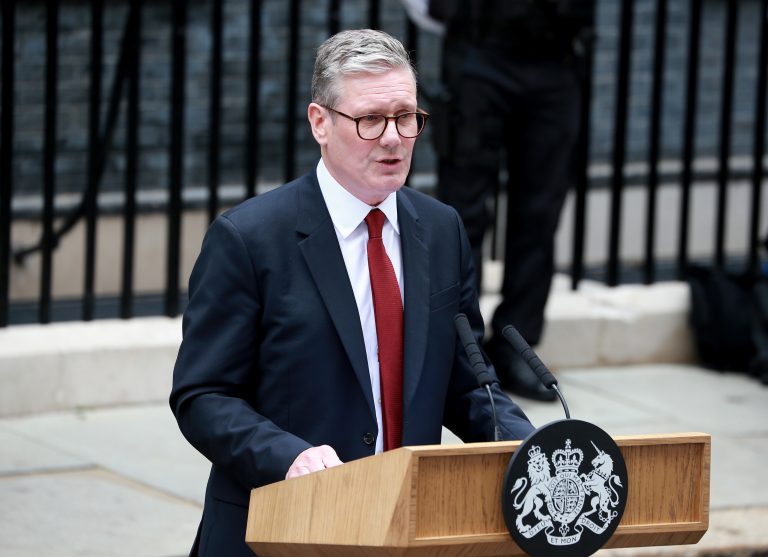Prime Minister Keir Starmer is set to highlight the Commonwealth’s unique potential for economic growth during his historic visit to the Pacific, becoming the first sitting UK Prime Minister to visit a Pacific Island country. Starmer’s trip to Samoa this week coincides with the Commonwealth Heads of Government Meeting (CHOGM), where 55 other Commonwealth leaders will gather to discuss the organisation’s role in tackling global challenges and capitalising on economic opportunities.
At the forefront of the Prime Minister’s agenda is a call for Commonwealth nations to prioritise economic resilience and growth as they navigate an increasingly competitive global landscape. He is expected to argue that Commonwealth members, united by shared values and goals, should leverage their collective economic potential to drive prosperity. The Commonwealth’s combined GDP is projected to surpass $19.5 trillion by 2027, with six member nations – Guyana, Rwanda, Bangladesh, Uganda, India, and Mozambique – predicted to be among the world’s fastest-growing economies within three years.
The Commonwealth currently contributes to 9% of the UK’s total trade, valued at £164 billion in 2023, with member nations benefitting from an average 21% reduction in bilateral trade costs. Recognising the strength of this economic bloc, Starmer plans to unveil a new UK Trade Centre of Expertise. This centre, operating from the Foreign Office, will provide technical assistance to support developing Commonwealth economies as they compete in global markets, potentially opening up avenues for UK businesses in regions with rapid growth, such as Uganda and Bangladesh.
The Prime Minister emphasised that the Commonwealth offers “a once-in-a-generation opportunity” to stimulate economic development both at home and abroad. “We have a unique chance to change our country’s story, but that requires building resilient partnerships with our Commonwealth family,” Starmer stated. “With an expected combined GDP of $19.5 trillion in three years, we must not let that economic heft go to waste.” He pointed to the need for “pragmatic, non-protectionist” strategies to unlock opportunities and foster economic stability.
Starmer is also set to participate in meetings with prominent business leaders at CHOGM, including Bank of America chairman and CEO Brian Moynihan and Lloyd’s of London CEO John Neal. These discussions align with his administration’s efforts to attract foreign investment into the UK, following the recent International Investment Summit, which generated £63 billion in private investment and 38,000 jobs.
As part of the broader CHOGM agenda, Foreign Secretary David Lammy will spearhead the launch of a Commonwealth Investment Plan of Action to foster economic development, with a focus on small and vulnerable economies. The plan will aim to reduce barriers to trade and mobilise investment across member countries. Additionally, two new trade hubs will be launched to support female entrepreneurs in India and Sri Lanka, expanding access to global markets.
Lammy highlighted the Commonwealth’s significance, describing it as a “unique forum encompassing 56 nations and a third of the global population, united by a shared history and friendship.” Strengthening ties with these rapidly expanding economies, he said, would be essential for creating jobs and stimulating growth.
During the three-day CHOGM summit, leaders will engage in discussions on key issues, including climate change, education, and democratic governance. On Friday, Starmer is expected to attend a lunch hosted by the King for new heads of government, participate in executive sessions, and join the Commonwealth heads of government dinner. The visit signals a reinvigorated UK commitment to the Commonwealth, positioning it as a vital element of Britain’s foreign policy and economic strategy.



